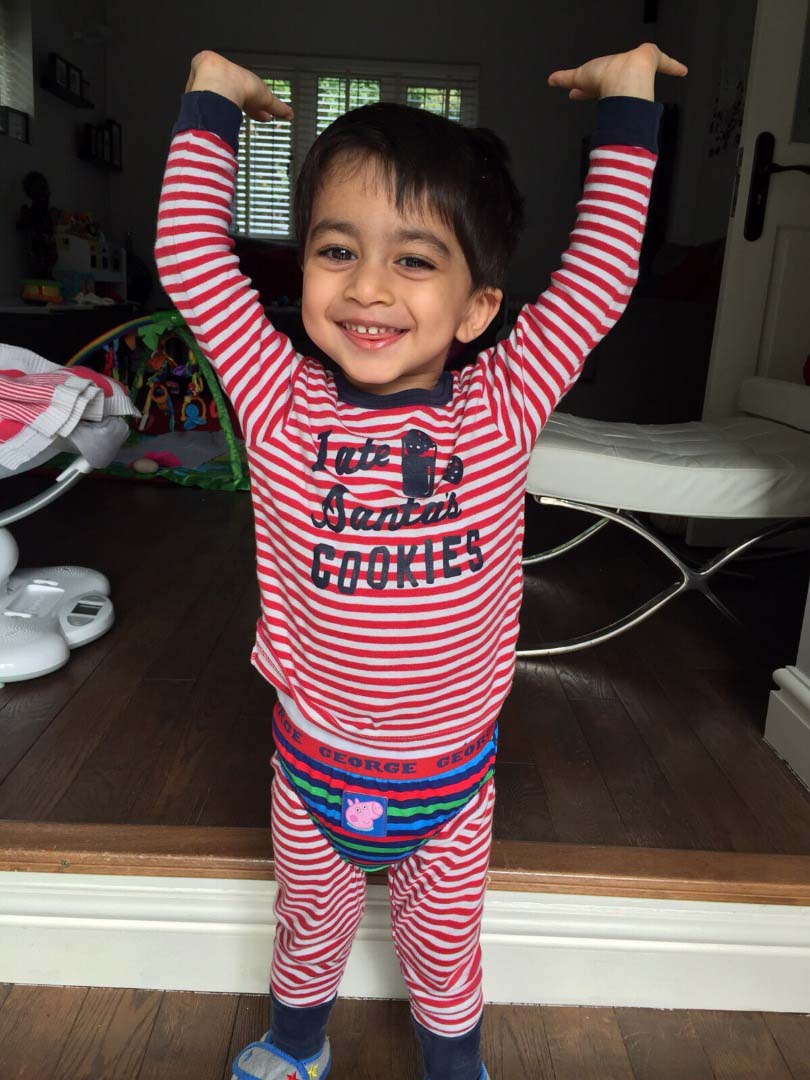Current statistics
Get daily, weekly, monthly organ donation statistics and more...
A rising proportion of people who die in need of a transplant is from a black, Asian or ethnic minority background despite more families in these communities supporting organ donation.
Figures from NHS Blood and Transplant show that 21 percent of people who died on the waiting list last year was from a black, Asian or ethnic minority background compared with 15 percent a decade ago (1).
Today the Government announces a new campaign in England to address the urgent need for donors revealed in NHS Blood and Transplant’s annual report into organ donation in black, Asian and minority ethnic communities.
The campaign aims to increase donation rates by raising awareness and breaking down barriers to donation within these communities. The Government has commissioned NHS Blood and Transplant to deliver the campaign with support from the National BAME Transplant Alliance (NBTA).
Health Minister Jackie Doyle-Price said: “I am delighted that this year more people than ever from black, Asian and minority ethnic backgrounds have received life-saving transplants. This shows great progress, but the fact remains that if you are from any one of these communities you are more likely to need a transplant, for the simple reason that you are more likely to suffer from a disease that requires a transplant. At the same time, you are less likely to get a transplant than if you were white.
“The campaign we are launching today will be a driving force to save more lives. The Government, MPs, faith leaders, charities, campaigners, influencers, friends and families, all have a role to play to address myths and barriers and bring attention to the lifesaving power of donation.
“Our project will include a community investment scheme to enable local groups to deliver this vital work. For now, I would ask on behalf of everyone who has received a transplant, and everyone who is waiting for the life-changing news that an organ has been found - sign up to donate and give the gift of life.”
 The parents of a three-year-old boy who saved the lives of two children through organ donation are urging more black, Asian and ethnic minority families to support donation. Aari Patel died in 2016 following an accident at home. His parents Jay and Sina asked at the hospital whether their son could be an organ donor.
The parents of a three-year-old boy who saved the lives of two children through organ donation are urging more black, Asian and ethnic minority families to support donation. Aari Patel died in 2016 following an accident at home. His parents Jay and Sina asked at the hospital whether their son could be an organ donor.
“The doctors were surprised we raised donation before being asked. But if Aari couldn’t be helped any further, Sina and I felt strongly that we wanted Aari to help others. We did not want another family to suffer losing their child or loved one,” said Jay, from Croydon.
“We received a letter informing us Aari’s organs had saved the lives of a boy and a girl. Aari was our shining star, and it is an enormous comfort to know he helped those two children.”
Jay added: “Too many people say no to donation because they think their faith prevents it. There are myths and misunderstandings. We must talk more about the subject with those we love, family and friends, young and old. If more people in our communities supported organ donation, more lives in our communities would be saved.”
The NHS Blood and Transplant report reveals only seven percent - 114 - of donors last year were from black, Asian and ethnic minority backgrounds. This figure is increasing however, thanks to more black, Asian and ethnic minority families saying yes to donation when asked in hospitals (2).
But family refusal continues to be the biggest obstacle to organ donation among these communities. Only around half as many families support organ donation compared with families from a white background (3).
Anthony Clarkson from NHS Blood and Transplant said: “While it is encouraging that more black, Asian and ethnic minority families are supporting donation - making more lifesaving transplants possible - change is not happening fast enough and too many lives are being lost.
“Although many black, Asian and ethnic minority patients are able to receive a transplant from a white donor, others may die if there is no donor from their own community.
“We are asking more people from these communities to talk about organ donation and share their donation decision with their families. Words save lives.”
NBTA Co-Chairs Kirit Mistry and Orin Lewis said: “On behalf of our members we welcome the Government’s commitment to launching a campaign to increase organ donors from black, Asian and ethnic minority communities.
“We are also encouraged to be given the opportunity to work in partnership to engage recipients, donors, communities, organisations, and stakeholders to help shape this campaign from a culturally and faith-based sensitive perspective.
“NBTA as the co-ordinated voice for black, Asian, mixed race and minority ethnic communities in transplant donation will help to build trust and create dialogue to inform our communities of the need for more organ donors from these backgrounds, and spread the message of organ donation is a gift of life so help save more lives.”
NHS Blood and Transplant can reassure people:
The full report into organ donation data for 2017-18, including organ donation for black, Asian and minority ethnic communities can be viewed here on the NHSBT website.
Please join the NHS Organ Donor Register at www.organdonation.nhs.uk
Photo: Aari Patel. Further photos available on request.
Ends
Notes to Editors:
The campaign
Health Minister Jackie Doyle-Price has agreed NHS Blood and Transplant’s campaign plan to promote donation in black and Asian communities in 2018/19. The campaign will encourage families to talk about organ donation. It will include:
Press Release Notes